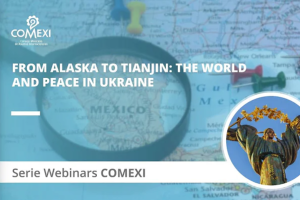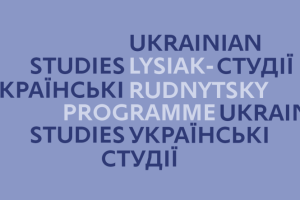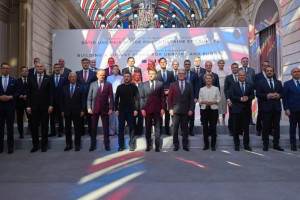30 Years On: Insights from East-Central and Wider Europe
Date/Venue: 24 September 2019, Trinity Long Room Hub, Trinity College Dublin.
2019 marks three decades after the fall of the Berlin wall, which preceded the dissolution of the Soviet Union and the end of the Cold War. It also marks 20 years since Poland, the Czech Republic and Hungary and 15 years since Romania, Latvia and Slovakia joined NATO; 15 years since the V4 countries and Latvia joined the EU; 10 years of the establishment of the Eastern Partnership. The year 1989 thus symbolizes the beginning of a new era especially for the countries from the former Eastern bloc.
Hosted by TIDI, the 30 Years On conference will bring together academics from across Europe to discuss the multi-dimensional changes that have occurred in East-Central and Wider Europe over the last 30 years. The event was initiated and coordinated by the Embassy of Poland in Dublin and has been organised in collaboration with the Embassies of Czech Republic, Germany, Hungary, Latvia, Romania, Slovakia, Ukraine, Kazakhstan and Georgia.
Prof. Olexiy Haran
University of Kyiv Mohyla Academy; Research Director, Democratic Initiatives Foundation
Highlights of the talk
Building democracy in time of war: identity, elections, and civil society in post-Maidan Ukraine
Ukraine, in contrast to its post-Communist western neighbours, faced additional challenges after independence. It had to build a nation-state, civil society, democracy, and market simultaneously – so called “quadruple transition”. None of this could be achieved overnight, and it demanded compromises with the country’s post-Communist nomenclature. The drawback to Ukraine’s system of power-sharing and political compromise was that it preserved the influence of the Communist past, which, compared to Poland, Hungary, and the Baltic countries, was not radically restricted.
However, Ukraine appeared to be too regionally and politically diverse to allow one force to monopolize power. Ukrainian democratic opposition was always strong and therefore any attempts of authoritarian policy backfired. Mass protests in Maidan during the bitter cold winter of 2013-2014 were non-violent for more than two months. Among the main successes of the Euro-maidan was the return to the 2004 constitutional reform and, consequently, mixed parliamentary-presidential form of government. However, prospects for a successful resolution of these domestic problems were threatened by external factors. While the challenges ahead remain great, this presentation will show how the process of modern Ukrainian nation-building is based not so much on ethnicity, but on a “territorial nationalism” and is “inclusive” rather than “exclusive.” It will discuss how the newly elected president and the government need to conduct unpopular economic reforms, effectively fight corruption and introduce rule of law in the context of a war-time economy.








